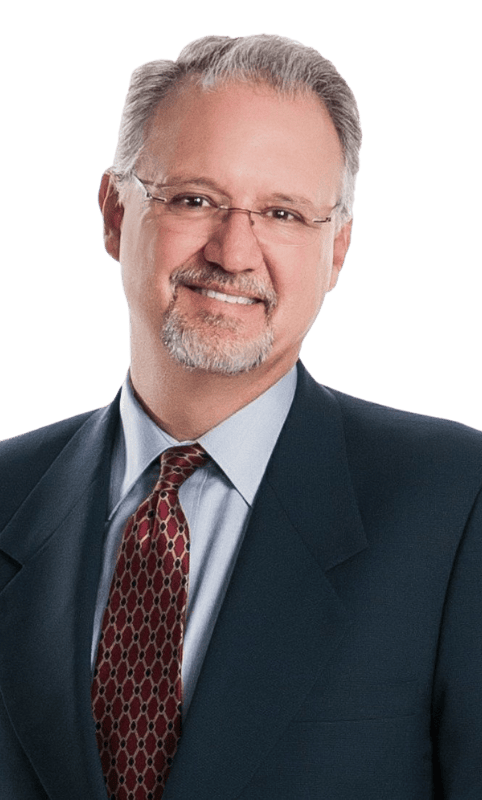Over the last few years, a lot of attention has been focused on the FIRE movement: “Financially Independent, Retire Early.” The basic premise of those who are pursuing this way of life is that, by means of “extreme” frugality, saving, and investing, it is possible to retire much earlier than the traditional age and live independent of the need for employment. The concept is most popular among Millennials, gaining many followers during the pre-pandemic years of the 2010s.
FIRE adherents spend a lot of time answering the question: How much money and what other resources do I need to be financially independent? And, while not everyone has a goal of retiring in their early 40s, like many of the FIRE movement, the question they’re asking is a pretty good one. In fact, that question, and others related to it, are among the main things we try to learn from clients who come to us for financial planning related to their own retirements.
For those who are just getting started in their careers, and even for those who are hitting their stride and starting to plan for the future, defining financial independence and what it takes to have it are important concepts to wrestle with. If you ask some people what it means to be financially independent, you might get an answer something like, “Being able to buy whatever I want, whenever I want.” Or they might frame it in terms of being able to afford their preferred lifestyle. But true financial independence goes much deeper than having the ability to buy things. Our consumer-driven culture makes it easy to assume that wealth equals the ability to acquire, but that attitude wrongly puts the focus on the appearance of wealth instead of true wealth.
There are some principles, however, that are common to most of those who have built and maintained real wealth. Those are the principles that should be on the minds and built into the habits of anyone who is seeking to achieve financial independence. Let’s take a look at a few of them.
Get in the savings habit.
I’ve written before about one of the most important financial lessons my mom ever taught me: spending less than you earn. Not long after I got my first job, she sat down with me at the kitchen table with a sheet of white paper and a pencil. She drew a circle on the paper and said, “This is your income.” Then she drew another, smaller circle inside the first one and said, “These are your expenses. As long as the expense circle is smaller than the income circle, you’ll be okay.” I wish I could tell you that I never failed to follow this simple, yet profound advice, but what I can tell you is that every time I didn’t—I eventually regretted it. Building a foundation of savings by “paying yourself first” is the single most important habit that you can develop if you truly want to be financially independent someday.
Start investing early
Closely related to saving—but different from it—is the importance of investing systematically for long-term growth over time. The fact is that, due to inflation, the “silent thief,” simply putting money away in a savings account—though important—is not enough to build the kind of wealth that will make you financially independent. For that, you need to develop a “growth mindset” focused on putting your assets to work for you in a way that will allow them to grow faster than the steady increase in what it costs to live. At a certain point, every person who has built significant wealth had to decide to devote resources aimed at generating a significant result. These could be financial resources, such as money invested in a small business to get it started. It could be the intellectual resources required to create a unique product or service. Most often, building wealth requires a combination of both of the above types of resources, along with the resolve to see the effort through to completion. Or it could be commitment to systematically allocating a portion of your savings to investments like stocks, bonds, or mutual funds that are designed to grow and compound over time. The important point is, learning the investment ropes while you’re young and committing to an active investment program over time is essential to building the kind of wealth that can make you financially independent.
Achieve an income stream that doesn’t depend on you.
This is another attribute of those who are truly financially independent; they don’t need to worry about getting a paycheck in order to maintain their lifestyle. Whether by building a passive income stream from real estate, dividends, capital gains, and interest from investment, or some other income-producing asset, they have built s self-sustaining and self-replenishing source of wealth. In fact, over the years, this type of accumulation can grow to outlive the original owner and provide a secure financial foundation for future generations.
Get smart about debt and taxes.
These are the two main drags on any wealth-generation effort. Of course, not all debt is bad. A mortgage on a home, for example, can allow you to control an asset that both provides essential security and safety and also can grow in value faster than inflation. But some debt—especially the credit card variety—can create real barriers in your path to financial independence. If you don’t stay on top of it (or, better, avoid it completely), it can create a ballooning constraint on your monthly cash flow that prevents you from putting your money to work for you. Building real wealth also requires attention to the tax implications of every choice you make. Those who have built real wealth have learned to consider their tax exposure in matters like capital gains from selling successful investments, income taxes on wages, estate taxes on transfers of wealth to heirs, and all the other ways in which taxes can affect their wealth. They utilize tax-efficient strategies when they invest, when they sell, and in all their strategic planning.
One of the best investments you can make, if you want to achieve financial independence, is spending time with a qualified, professional, fiduciary financial planner. At Mathis Wealth Management, we work with clients in all phases of their wealth-building journey, providing guidance designed to help them achieve their most important goals. As fiduciary advisors, we commit to providing services and advice that always puts the client’s interests foremost. To learn more, visit our website and read our article, “Adulthood Isn’t for Kids: Remembering the ‘Spiderman Rule’ for Finances.”












